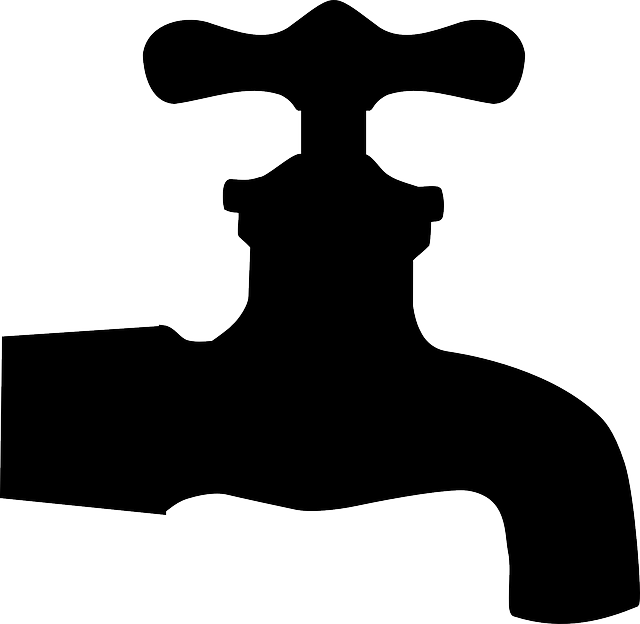Pipe corrosion, a costly and disruptive issue, is primarily driven by galvanic corrosion between metals and accelerated by hard water's mineral deposits. The Common Causes of Pipe Corrosion include poor design, material misalignment, lack of maintenance, and moisture/temperature extremes. Mitigation strategies involve using corrosion-resistant materials, regular cleaning and maintenance (like flushing and water softening), and monitoring high-risk areas to prevent structural deterioration and bursts.
“Unseen enemies threaten the integrity of your plumbing system—from the insidious Galvanic corrosion, a silent process that eats away at pipes, to hard water, a seemingly harmless element that can cause significant damage over time. This article delves into these common causes of pipe corrosion, offering insights into their nature and practical preventive measures to safeguard your pipes. Understanding these threats is the first step in ensuring a robust and lasting plumbing network.”
- Understanding Galvanic Corrosion: The Silent Enemy Within
- Hard Water: More Than Just a Nuisance, It's a Damage-Causing Culprit
- Preventive Measures: Protecting Your Pipes from Common Corrosion Threats
Understanding Galvanic Corrosion: The Silent Enemy Within

Galvanic corrosion, often an unseen culprit, poses a significant threat to pipes in both residential and commercial settings. This silent enemy arises from the interaction between different metals in a piping system. When dissimilar metals come into contact with water, they create an electrical current, leading to the deterioration of the less noble metal over time. For instance, if you have copper pipes connected to steel fittings, the steel may experience corrosion due to the electrochemical reaction.
Common causes include poor plumbing design, improper material selection, and inadequate maintenance. Ensuring proper ventilation, using corrosion-resistant materials, and regular inspection can help mitigate this issue. Understanding galvanic corrosion is vital in developing effective strategies to protect pipes from this insidious form of damage.
Hard Water: More Than Just a Nuisance, It's a Damage-Causing Culprit

Hard water, while a common household issue, is more than just an annoyance; it’s a damage-causing culprit when it comes to pipes. The primary culprits are elevated levels of minerals like calcium and magnesium, which can accumulate over time, leading to scale buildup inside pipes. This mineral deposit isn’t just detrimental aesthetically; it poses structural risks by weakening pipes and increasing pressure, ultimately contributing to leaks and burst pipes.
The impact of hard water on pipes is multifaceted. It accelerates the process of pipe corrosion, a common cause of pipe failure. As mineral deposits accumulate, they create an insulating barrier between the pipe’s exterior and any protective coatings or linings, preventing the application of effective rust prevention methods. This exacerbates corrosion, leading to pipe deterioration and potential failures.
Preventive Measures: Protecting Your Pipes from Common Corrosion Threats

Pipe corrosion is a prevalent issue that can lead to costly repairs and disruptions in water supply. Understanding the common causes of pipe corrosion is the first step in protecting your plumbing system. The most frequent culprits include galvanic corrosion, caused by the interaction between different metals, and hard water, which introduces mineral deposits that weaken pipe surfaces over time.
To safeguard your pipes from these threats, several preventive measures can be implemented. One effective strategy is to use corrosion-resistant materials for new installations or when replacing old pipes. Additionally, regular cleaning and maintenance are vital. This includes flushing systems to remove sediment buildup and investing in water softeners to mitigate the effects of hard water. Keep an eye on areas prone to moisture or extreme temperature changes, as these conditions can accelerate corrosion.
Understanding and addressing common causes of pipe corrosion, such as galvanic corrosion and hard water damage, is essential for maintaining a robust plumbing system. By implementing preventive measures, homeowners can safeguard their pipes from these silent enemies, ensuring longevity and minimizing costly repairs. Regular maintenance and awareness of these threats are key to keeping your pipes in top condition.
